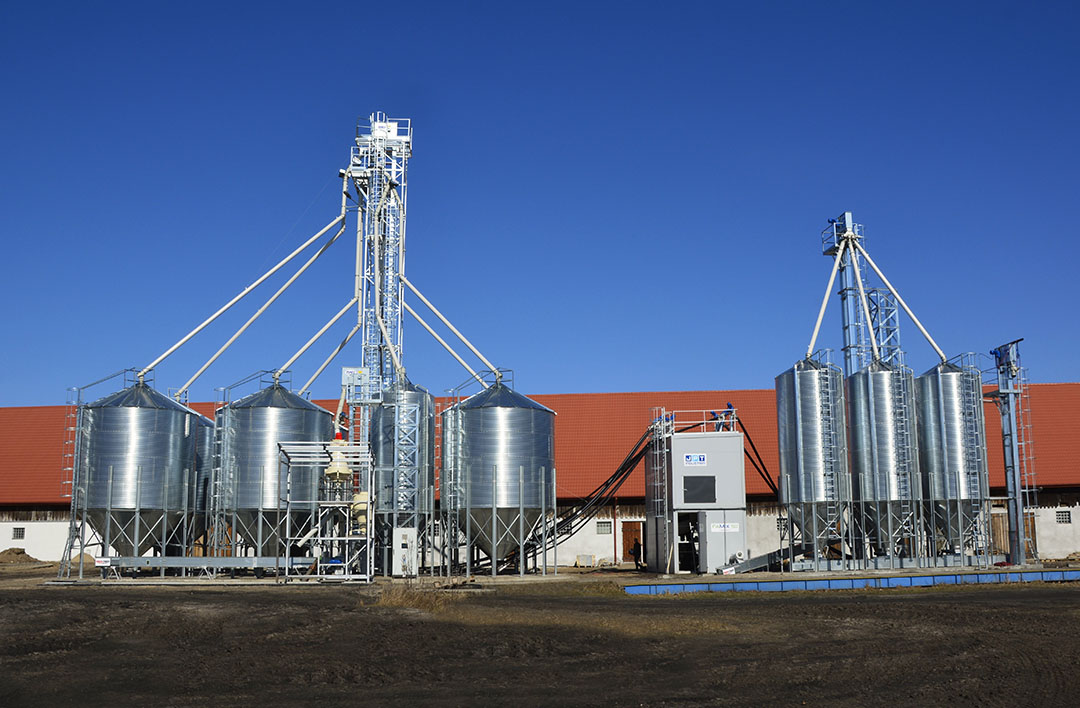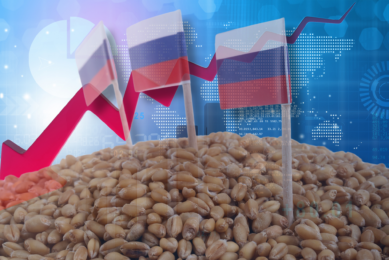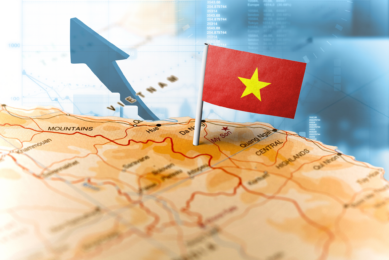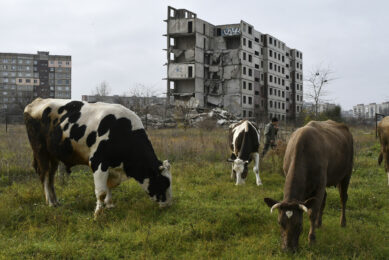Russia: State aid for feed sector considered amid COVID-19

Russian President Vladimir Putin has ordered the government to consider lowering VAT on processed feedstuff from the current 20% to 10%.
The feed industry hopes this measure could be adopted as a part of a broader package of state aid to the Russian feed industry, which is currently suffering tough consequences of the Covid-19 epidemic.
The exchange rate of the Russian rouble has been nose-diving since early March, when the spread of coronavirus started. Also Oil price collapse. During the past month the rouble lost 15% in value to hard currency, which was the biggest slump in almost 5 years. Russian agricultural companies warn that coupled with some other negative factors triggered by the coronavirus pandemic this could sharply raise the cost of feed production in the country.
Dependence on feed additive imports
Russia is importing up to 90% of feed vitamins and amino acids, the Russian Union of Feed Producers has estimated. On some categories of feed additives, Russia has an absolute dependence on import. Most feed vitamins and amino acids are imported from China and the European Union. The market is waiting – the coronavirus and the exchange rate currency fluctuations could really impact the price for feed vitamins, amino acids and other additives on the Russian market, Sergey Mikhnuyk, chairman of the Russian Union of Feed Producers told the Russian magazine Agroinvestor. When Chinese companies return to full operation, they will focus on meeting their own demands in feed additives. This could trigger the deferred demand effect, resulting in a shortage of certain feed additives may occur and this would not be about price any longer, Mikhnuyk explained.
Hike in feed additives price
A source in the Russian feed industry who wished not to be named told Agroinvestor that the price for feed additives in Russia jumped by 30% in January and February of 2020 because of the Covid-19 pandemic. The coming months could bring additional price hikes, this time because of the continuing devaluation of the Russian rouble.
Preliminary approval of anti-crisis plan
Russian government officials said that they preliminary approved an anti-crisis plan aimed at supporting the national economy. Most details so far remain behind the curtain – the government promised Rub300 billion ($ 3.4 billion) to airlines and travel agencies, but so far no monetary support has been approved for the agricultural companies.
On top of that, the government officials sent a clear signal that they were going to monitor changes in prices for food production on the domestic market. The companies found groundlessly raising prices could be subjected to certain penalties. Several Russian agricultural companies warned there would be an inevitable increase in production costs. The factors behind that is quite reasonable, said Svetlana Barsukova, general director of GK Agrosila. Aside from feed additives, equipment, seeds and premixes are going to get more expensive, since they could be purchased only for hard currency, Barsukova said.











